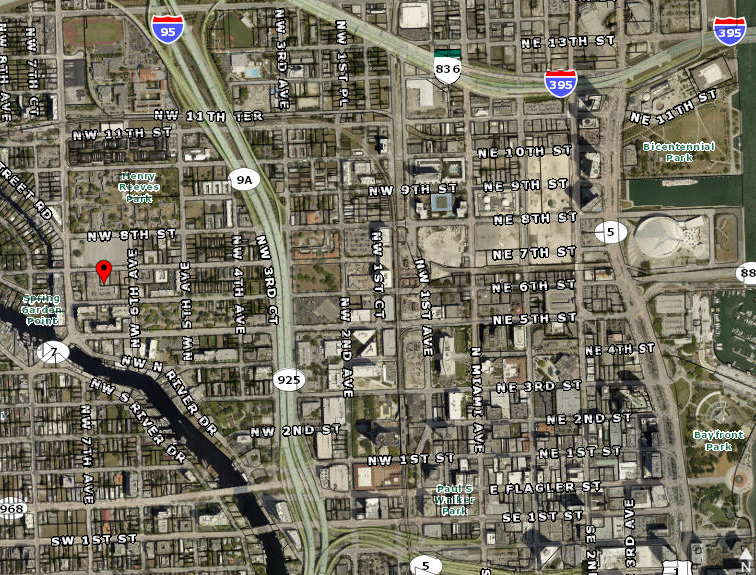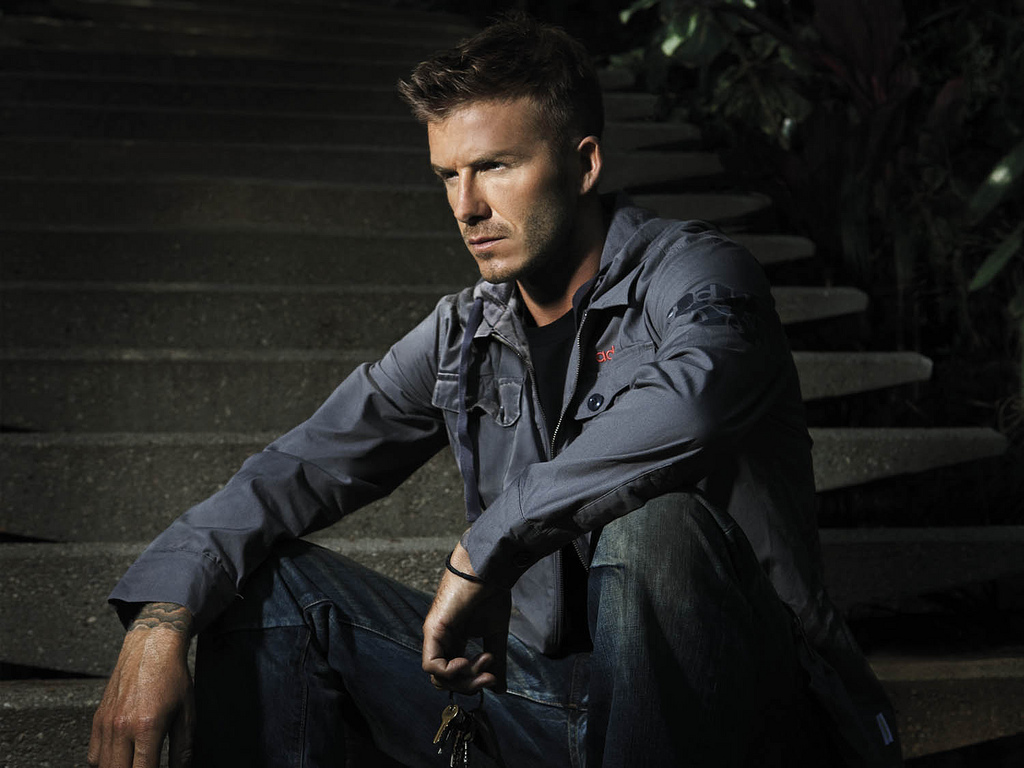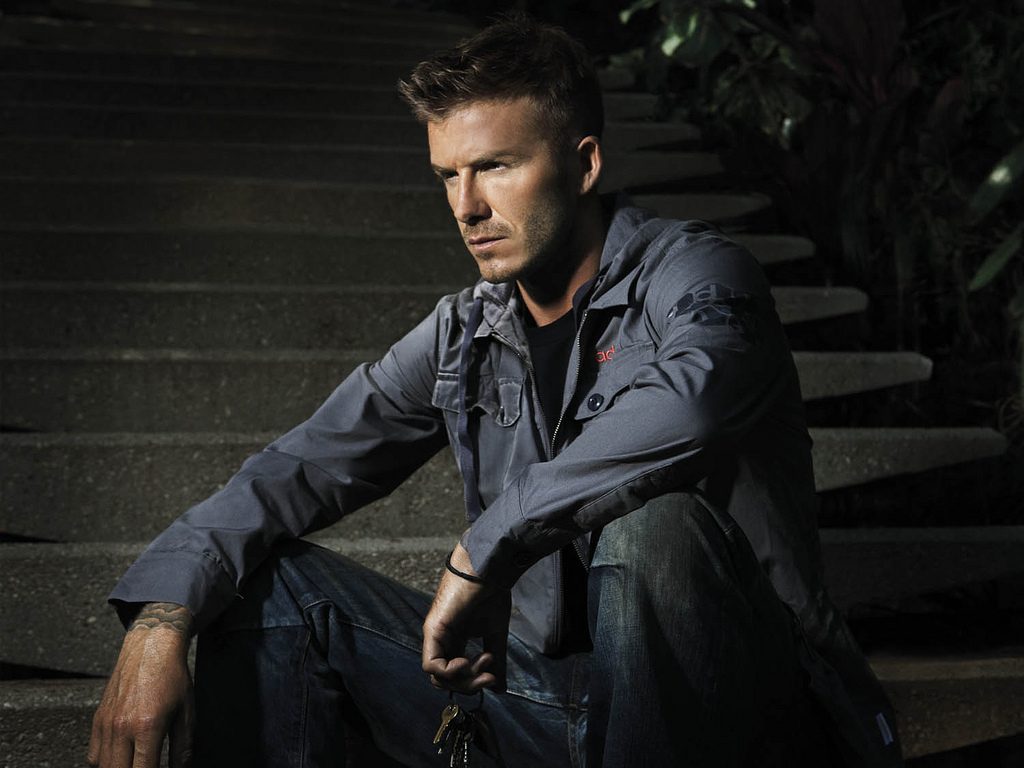One of the biggest hurdles for the return of MLS to Miami was cleared on Tuesday, as David Beckham and his group of investors received the go-ahead to purchase a $9 million plot of land in the neighborhood of Overtown, for the purposes of constructing a 25,000-capacity soccer stadium.
The sale of the land completes a $28 million purchase plan set forth by the Miami Beckham United group (MBU), which includes Sprint CEO Marcelo Claure, American Idol creator Simon Fuller, and Todd Boehly, one of the co-owners of the Los Angeles Dodgers. They purchased six acres of privately owned land back in March of 2016 for $19 million, and the new three-acre plot of Miami-owned land completes their planned allotment for the soccer stadium.
Beckham had been looking for prime beachfront real estate for the stadium, but settled on the Overtown site due to cheaper costs of land; the neighborhood is one of the poorest areas in Miami, and with a population that is 74.77% Black and 19.9% Hispanic/Latino, one of its more diverse.
In statement, the MBU group stated that “by purchasing the last piece of land needed for our privately-funded stadium, Miami Beckham United (MBU) is achieving another major milestone on the way to Major League Soccer formally awarding Miami a franchise,” which would be the first in the area since the short-lived Miami Fusion of the turn of the millennium.
County commissioners approved the purchase vote on the basis that the team and stadium would help develop one of Miami’s poorer neighborhoods, one that is just blocks away from the American Airlines Arena (where the Miami Heat play). “I think the community needs it,” said Commissioner Xavier Suarez. “It’s going to improve this community in so many ways.”

However, the project is not universally supported, especially by residents of both Overtown and the neighboring Spring Garden neighborhood. In an impassioned plea to commissioners before the vote approving the land purchase, Spring Garden resident Meredith Vey said that she wants them to “consider me and think of me when I’m not able to sleep at night because of the lights and the sounds from the crowd.”
Additionally, the stadium will not include any on-site parking, which will lead to more traffic via shuttles and pedestrian congestion; Miami’s public transportation is also not up to the quality of other metropolitan areas, which will further complicate the arrival of fans to the new stadium.
Aside from the inconvenience of the construction and operation of the stadium, Miami also has a history of being burned by professional stadiums. The Marlins committed highway robbery on the city for the state-of-the-art mausoleum known as Marlins Park, leaving the city with a name-changed team–from Florida to Miami–and a huge tax bill, to the tune of over $350 million. In fact, the deal was so bad that it led to the recall of the Mayor of Miami at the time, Carlos Alvarez.
Although the MBU group is looking to privately finance the estimated $220 million cost of the soccer stadium, the cost of infrastructure to the surrounding area would surely fall on the city and its less-than-welcoming taxpayers. Beckham and co. also have to get zoning approval to actually start building the stadium, so there are even more opportunities for community opposition. So, stay tuned; the much-discussed Miami FC may be well on its way, but the residents of its future home don’t look to back down without a fight.




